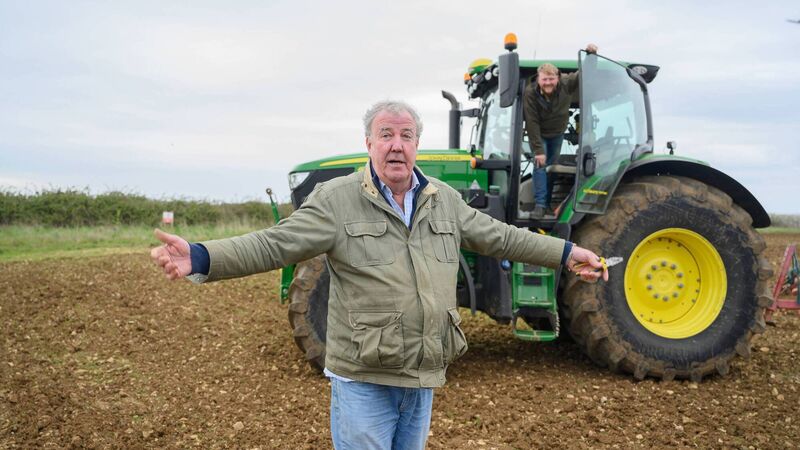Fighting 'Agri-bashing': Why direct storytelling is crucial for valuing farmers' wider contributions

'Clarkson's Farm', with celebrity Jeremy Clarkson navigating the complexities of agriculture, has illustrated how a shift toward direct 'digital' storytelling is crucial.
Farmers who go online to share their daily lives, successes, and struggles have become one of the most powerful tools for allowing the wider public to properly see and value the contributions to society of farmers.
They have enabled many outside of agriculture to see beyond media stereotypes, such as the "angry" or "armchair" farmer.











